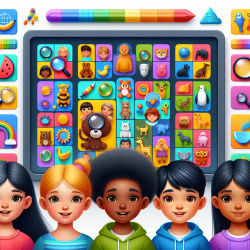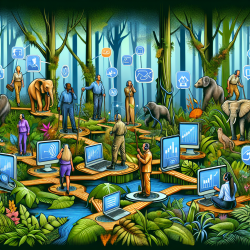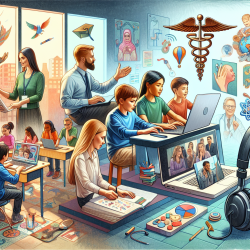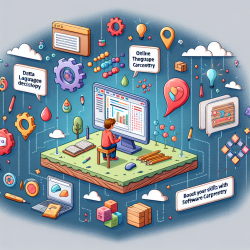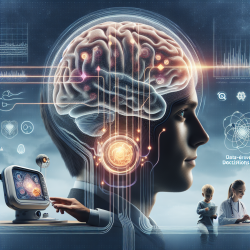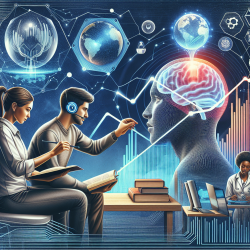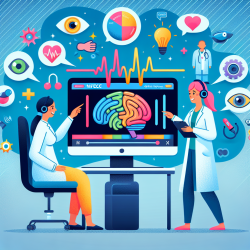As educators and therapists, our mission is to cultivate environments that encourage the growth and development of the children we serve. A key component of this developmental journey is the enhancement of observation and classification skills. These foundational skills are critical for academic success and overall cognitive development. Drawing insights from the research article "Early Discoveries - Observation and Classification," this blog aims to provide practitioners with strategies to improve these essential skills in children, as well as encourage further exploration into effective teaching tools.
Observation and classification are pivotal in helping children understand the world around them. These skills enable children to notice details, patterns, and changes, and to categorize objects, events, and experiences. The "Early Discoveries" software, as reviewed in the article, offers a compelling approach to fostering these skills through interactive and engaging means.
Key Features of "Early Discoveries":
- Interactive Learning: This program encourages children to actively engage in learning by observing patterns, categorizing items based on use and function, and making inclusion and exclusion decisions. Such active participation is crucial for deep learning and retention.
- Customizable Options: The software's flexibility allows it to cater to different learning styles and needs. Options include sound (on/off), speed of moving cursor, number of games a child plays, and the ability to return to the children's menu. This customization ensures that the learning experience is accessible and enjoyable for every child.
- User-Friendly Design: With its easy navigation and clear instructions, children can use the program with minimal adult intervention. This fosters independence and confidence in young learners.
- Motivational Aspects: The program's use of colors, sounds, and animated pictures makes the learning process fun and engaging. Positive reinforcement through computer music-like tunes and picture animation after correct responses maintains the child's interest and encourages further exploration.
Implementing "Early Discoveries" in educational settings can significantly enhance observation and classification skills among young learners. However, it's not just about using the software. Educators and therapists can adopt several strategies to maximize its benefits:
- Integrate with Curriculum: Incorporate the software's activities into the existing curriculum to reinforce learning objectives in a fun and interactive way.
- Encourage Exploration: Allow children to explore the software at their own pace. This self-directed learning fosters curiosity and a love for discovery.
- Facilitate Group Discussions: Use the software as a basis for group discussions. Encourage children to share their observations and reasoning, promoting critical thinking and communication skills.
- Provide Real-World Connections: Relate the activities in the software to real-world examples. This helps children understand the relevance of observation and classification skills beyond the classroom.
By leveraging the insights from "Early Discoveries - Observation and Classification," practitioners can enhance their teaching strategies, making learning more effective and enjoyable for children. For those interested in exploring this further, Early Discoveries - Observation and Classification offers a detailed look into the program's effectiveness and user experience.
